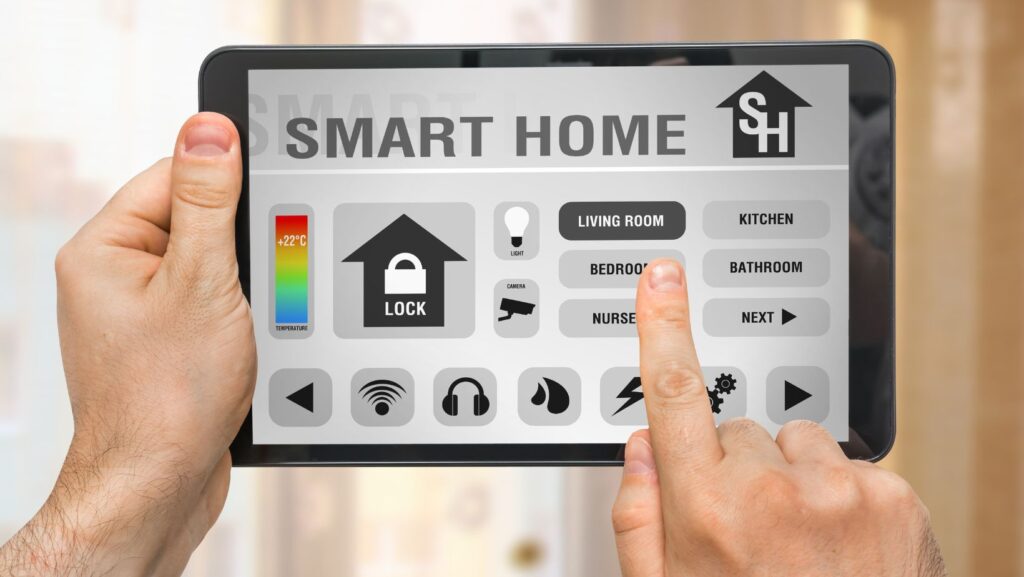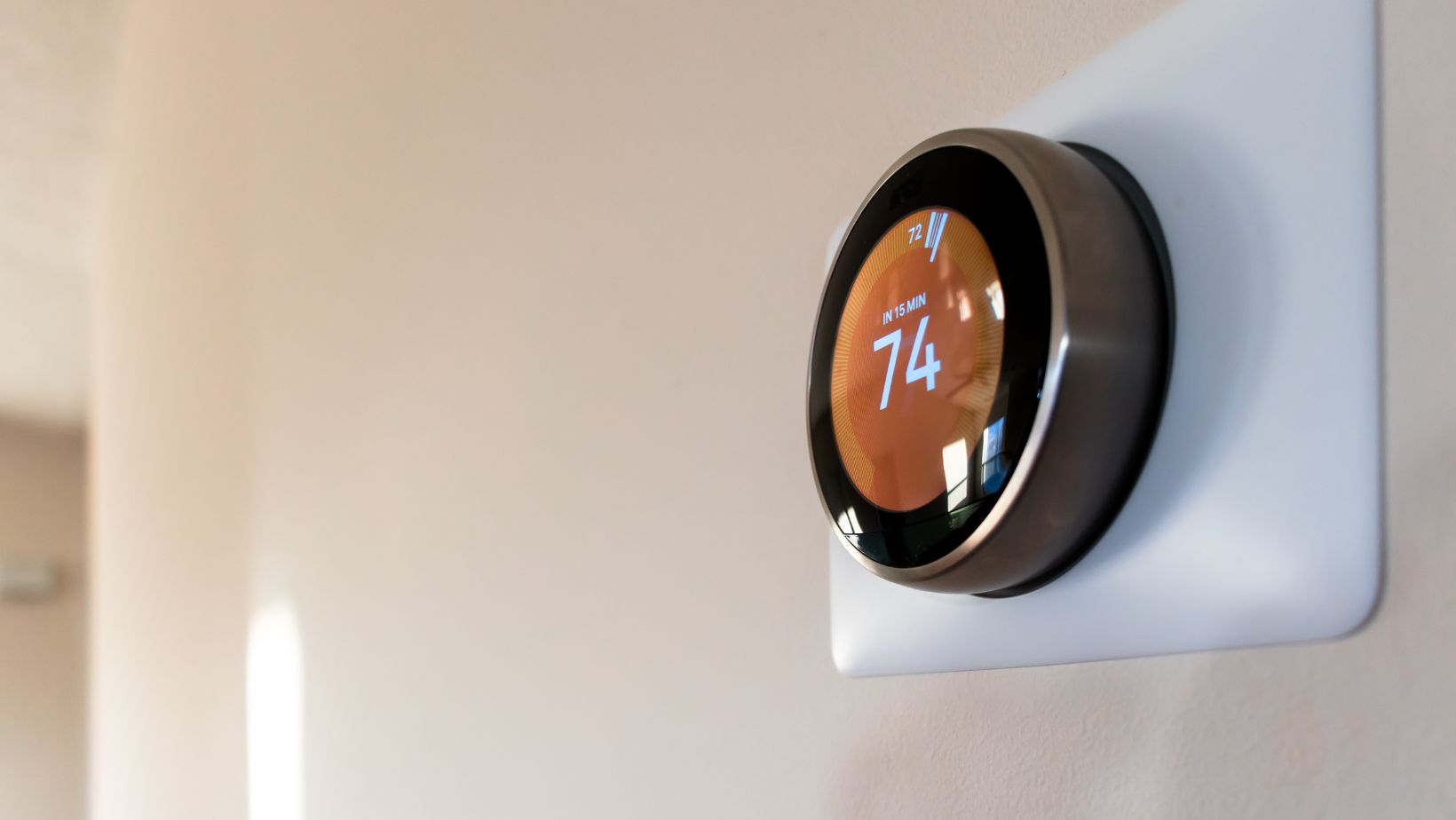
In the rapidly evolving world of smart homes, the integration of alloy materials is redefining durability and functionality. Alloy smart homes, with their blend of strength and technology, offer a futuristic living experience that’s not only efficient but also aesthetically pleasing. As homeowners seek to upgrade their living spaces with innovative solutions, the allure of alloy in smart home design is becoming increasingly hard to ignore.
This trend towards alloy-enhanced smart homes is not just about embracing modernity; it’s about making a long-term investment in a home’s resilience and tech-savviness. From enhanced security features to improved energy efficiency, the benefits of incorporating alloy into smart home systems are vast.
Alloy Smart Home
What Is Alloy Smart Home?
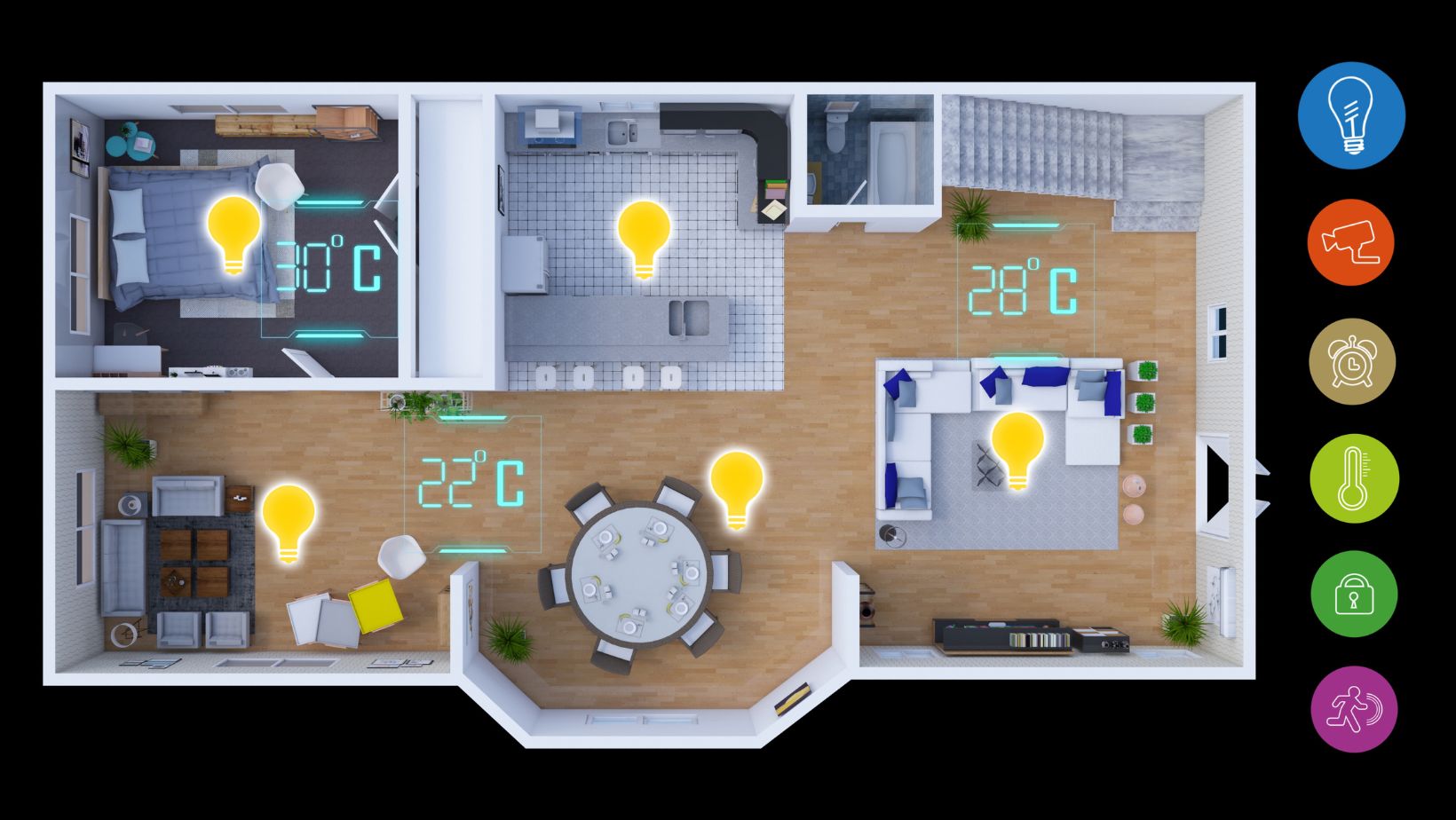
Alloy Smart Home represents the integration of alloy materials into the technology and infrastructure of smart homes. This concept merges the robustness and sleek aesthetics of alloys with cutting-edge smart home technology to create living spaces that are not only more durable and visually appealing but also functionally superior. Alloy smart homes utilize metals like aluminum, steel, and others in various aspects, from construction elements to smart devices and fixtures, enhancing the overall quality and efficiency of the home. This approach ensures that the smart home systems are housed in a framework that offers exceptional longevity, resistance to wear and tear, and an upscale, modern look.
Durability and Strength: Alloy materials contribute to the structural integrity of smart homes, making components more resistant to physical damage and environmental conditions. This durability extends the lifespan of the smart home features, ensuring that investments in smart technology remain secure and functional for longer periods.
Aesthetic Appeal: Alloys provide a sleek, modern finish to smart home devices and components, increasing the overall visual appeal of the property. This modern aesthetic complements the technological sophistication inherent in smart homes, presenting a seamless blend of form and function.
Enhanced Security: Alloy smart homes incorporate materials that are not only physically robust but also support advanced security technologies. Steel and aluminum can house sophisticated sensors and alarms without interfering with their functionality, offering homeowners peace of mind with aesthetically pleasing yet highly secure solutions.
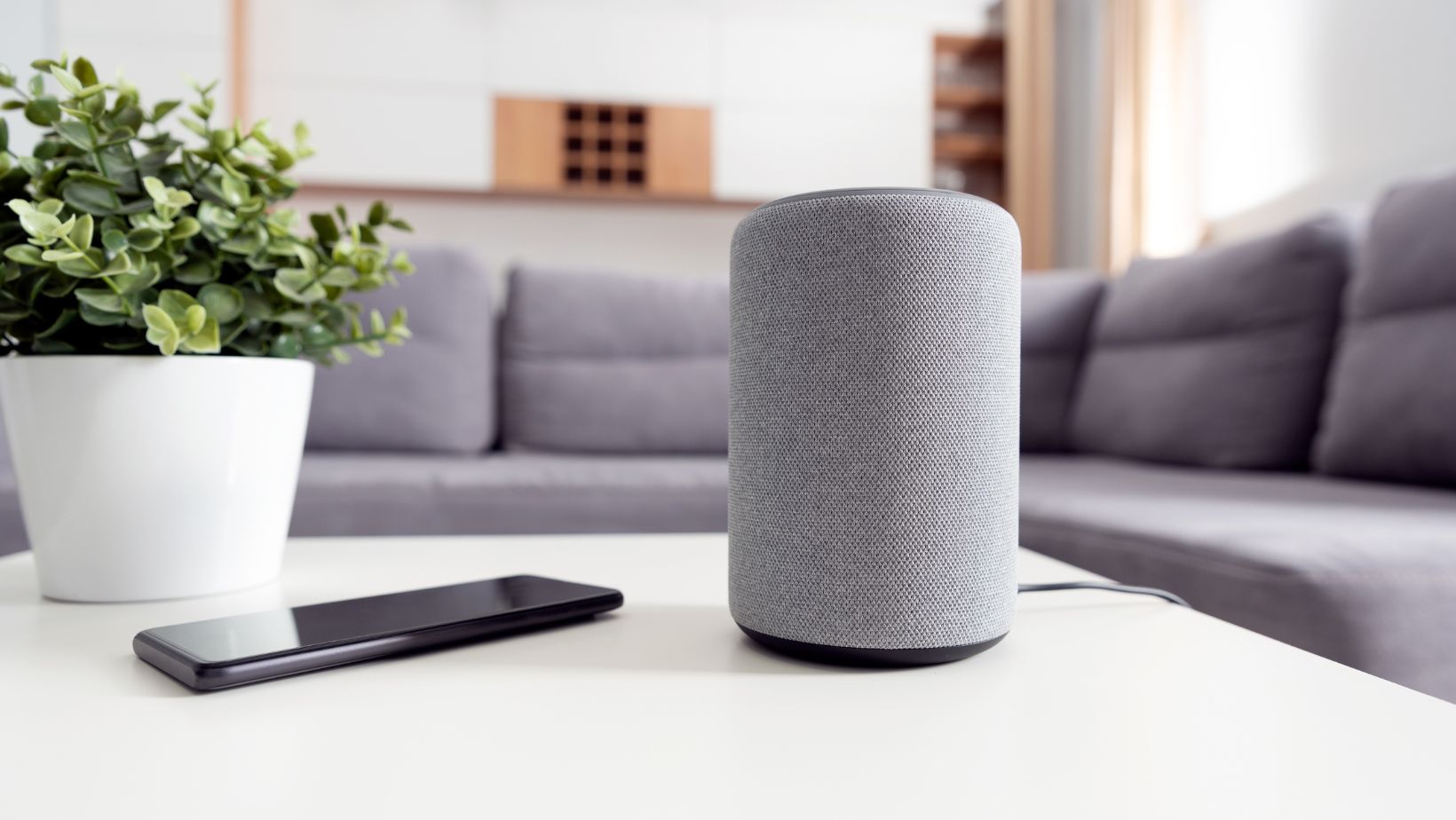
Energy Efficiency: The integration of alloy materials in smart homes contributes to better insulation and energy efficiency. These materials can help regulate indoor temperatures more effectively, reducing the need for excessive heating or cooling and, consequently, lowering energy consumption and costs.
Technological Compatibility: Alloys are uniquely suited to support the latest in smart home technology. From Wi-Fi and Bluetooth-enabled devices to automated systems for lighting, heating, and security, alloy materials ensure that the technological infrastructure of smart homes is both supportive and future-proof.
The Components of an Alloy Smart Home System
Building upon the foundation of integrating alloy materials with smart home technology, the Alloy Smart Home system comprises two primary components: smart alloys in home construction and intelligent systems and appliances. Each plays a crucial role in delivering a futuristic living experience characterized by durability, aesthetics, functionality, and efficiency.
Smart Alloys in Home Construction
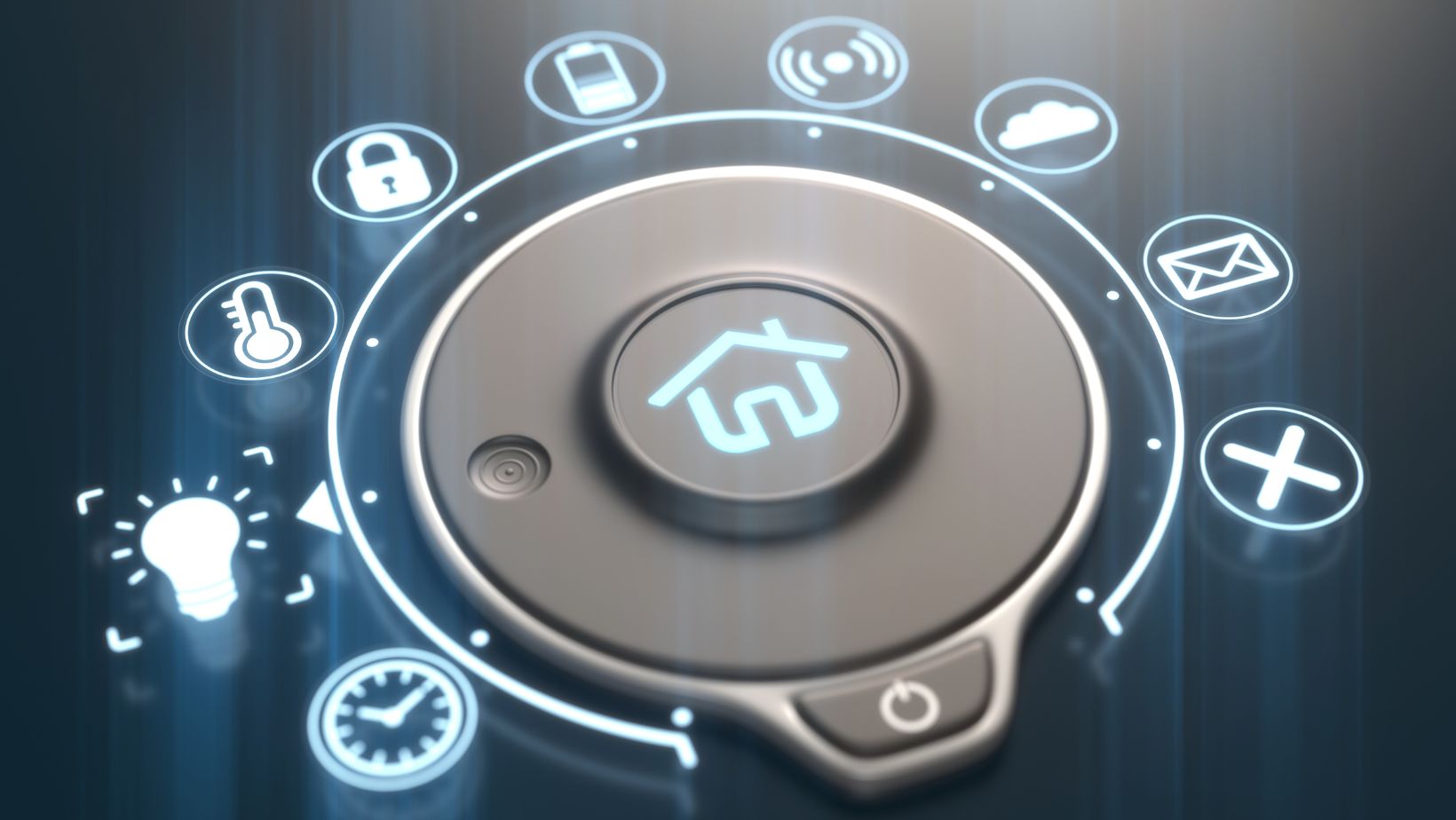
The use of smart alloys forms the backbone of the Alloy Smart Home’s structural integrity and aesthetic appeal. These materials, including aluminum and steel, are chosen for their unique properties, such as strength, lightweight nature, corrosion resistance, and energy efficiency.
- Strength and Durability: Smart alloys, known for their high strength-to-weight ratio, ensure that homes can withstand various environmental stresses while minimizing maintenance requirements.
- Corrosion Resistance: Alloy materials like aluminum and stainless steel resist corrosion, extending the lifespan of structural components and maintaining their appearance over time.
- Energy Efficiency: The reflective properties of certain alloys contribute to energy efficiency by reflecting sunlight and reducing cooling costs in warmer climates.
- Aesthetic Flexibility: Alloys offer a modern, sleek appearance with the flexibility to support various architectural styles, allowing for unique designs that stand out or blend in with surrounding structures.
Intelligent Systems and Appliances
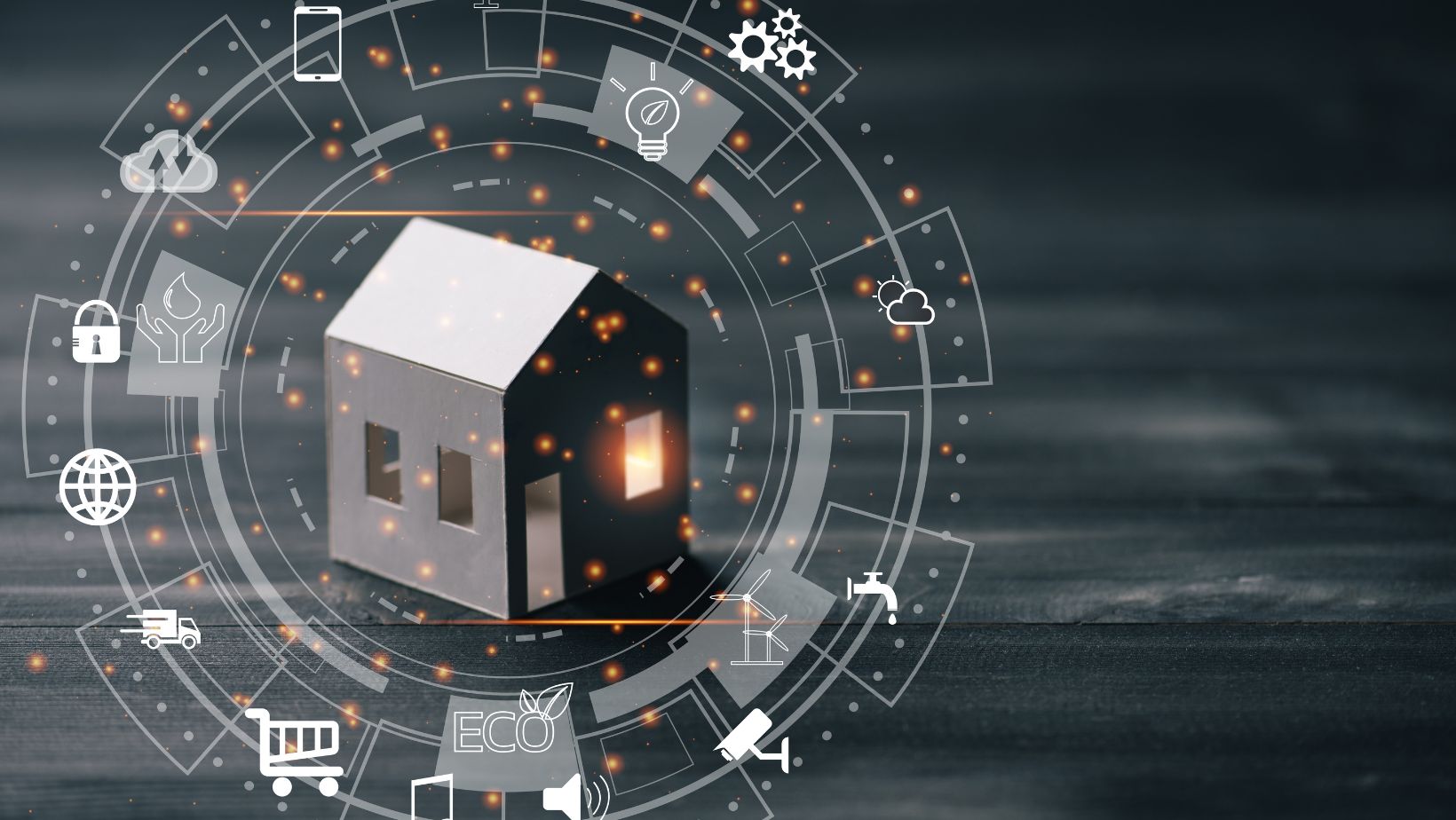
Moving beyond the structural aspects, intelligent systems and appliances integrate seamlessly with the alloy components to enhance the living experience through convenience, security, and efficiency.
- Automated Home Systems: These systems control lighting, climate, and security, offering homeowners the ability to manage their home environments effortlessly via smartphones or voice commands.
- Energy Management: Intelligent energy management systems optimize the use of electricity and water, significantly reducing utility bills and contributing to a sustainable lifestyle.
- Security Features: Advanced security systems, which include surveillance cameras, motion detectors, and automated locks, use alloy materials for durability and provide homeowners with peace of mind through real-time monitoring and alerts.
- Smart Appliances: From refrigerators that can help manage grocery lists to ovens that can be preheated remotely, smart appliances offer unprecedented levels of convenience, efficiency, and integration, completing the Alloy Smart Home experience.

